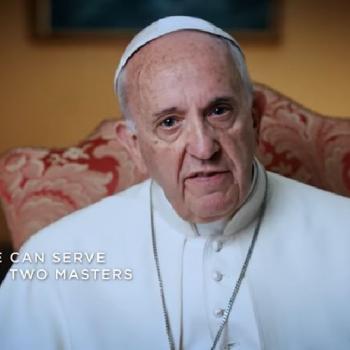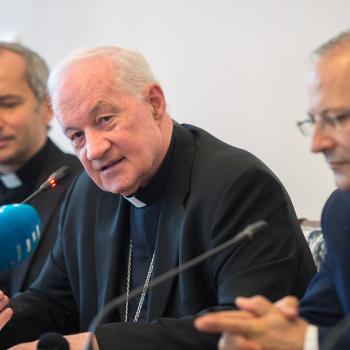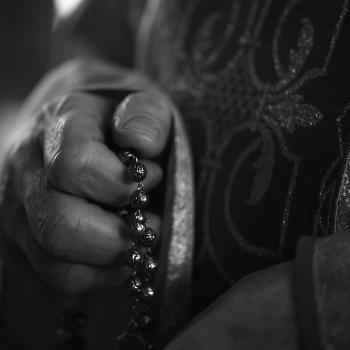A moving message was made public today from Pope Francis to the European Regional Meeting of the World Medical Association on end-of-life issues at the Vatican, in which the Bishop of Rome states that “the categorical imperative is to never abandon the sick”.
When dealing with the ill, and especially with the dying, writes the Pope, “the supreme commandment of responsible closeness must be kept uppermost in mind, as we see clearly from the Gospel story of the Good Samaritan (cf. Lk 10:25-37)”. “Let each of us give love” to the sick “in his or her own way—as a father, a mother, a son, a daughter, a brother or sister, a doctor or a nurse”, Francis continues, before enthusiastically reminding the participants in the meeting that no matter what our love looks like, the most important thing is that we give it, and that we keep close “solidarity” with the patient – “recognizing the limit that we all share” – in the face of their “anguish”.
In terms of the treatment and accompaniment of the sick, opines the Pope, it is a matter of us today coming to a “greater wisdom” in our decisions, being careful to resist “the temptation to insist on treatments that have powerful effects on the body, yet at times do not serve the integral good of the person”. Sustaining or replacing vital functions “is not the same as promoting health”, Francis warns, insisting all the while on the fact that caring for a given patient means considering – in a way “befitting human dignity” – “the personal and relational elements in his or her life and death”.
“Even if we know that we cannot always guarantee healing or a cure, we can and must always care for the living, without ourselves shortening their life, but also without futilely resisting their death”, says the Pope too in praise of palliative care. This practice is “proving most important in our culture”, he says, “as it opposes what makes death most terrifying and unwelcome – pain and loneliness”.
Francis ends his message with a call that “these sensitive issues” on accompanying the sick and dying “be addressed calmly, seriously and thoughtfully, in a way open to finding, to the extent possible, agreed solutions, also on the legal level”. The Pope, in his words, also gives the governments of the world food for thought as he criticizes what he calls a “systematic tendency toward growing inequality in healthcare” by which access to the same “risks being more dependent on individuals’ economic resources than on their actual need for treatment”.
Finally, too, could it be that the Bishop of Rome also gives his critics something to think about in the way he reminds his reader that in the determination of “whether a clinically appropriate medical intervention is actually proportionate, the mechanical application of a general rule is not sufficient“.
“There needs to be a careful discernment of the moral object, the attending circumstances, and the intentions of those involved”, writes Francis: a phrase that struck me as being of pertinence not only to debates on end of life issues but also to those, in the context of Amoris laetitia, on whether civilly-remarried Catholics can avail themselves of the help of the sacraments.
What are these faithful if not also “sick”, in a way, or at least in need of love, closeness and solidarity as they seek to find their way back home to the Church?
The Pope, in his message, reminds us that the Catechism makes it clear that healthcare decisions “should be made by the patient if he [sic] is competent and able” (CCC 278). Why then can’t the divorced and remarried also make their own decisions about their return to the sacraments?












